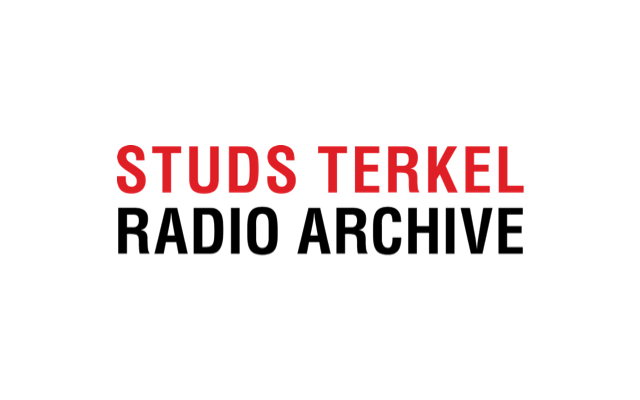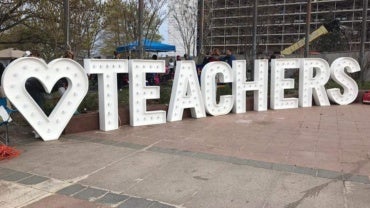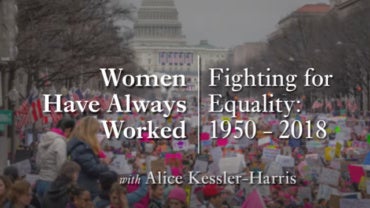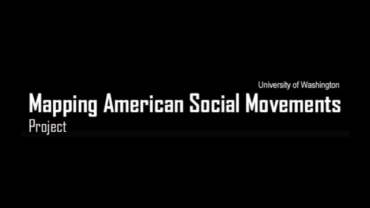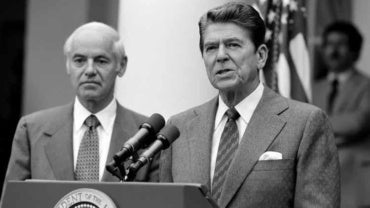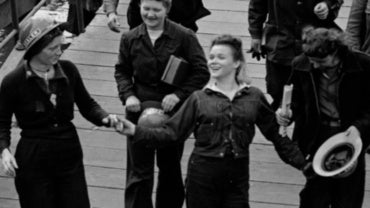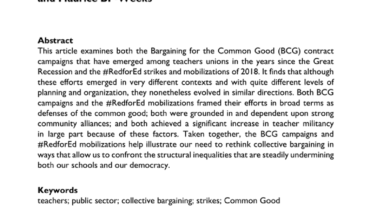The Studs Terkel Radio Archive (STRA), launched in May 2018 on Studs Terkel’s 106th birthday, is a digital platform whereon, eventually, will live the majority of the 5,600 radio programs Terkel created during his career at WFMT in Chicago between 1952 and 1997 live. This platform, augmented by curatorial commentary, re-use tools, educational resources, highlights of creative re-use, and an original podcast, along with other special features, opens up Terkel’s radio programs and allows for a deeper level of user engagement.
